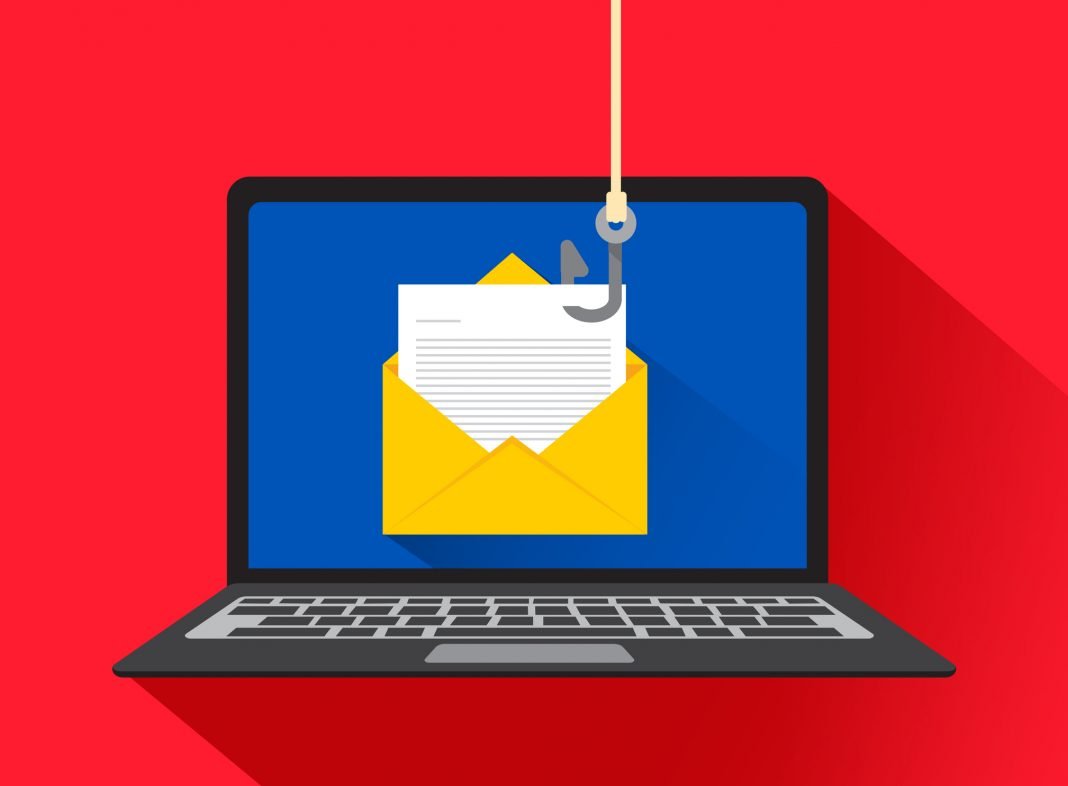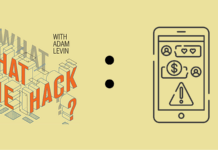As more employees are working remotely in the wake of the Covid-19 pandemic, businesses are being targeted by an increasing number of phishing campaigns.
Follow these five tips to keep your email and your business cybersecure:
- Don’t send sensitive information via email: Email is convenient and universal, but it’s not an especially secure way to send information. Avoid sending sensitive information like tax forms, credit card numbers, bank account information, or passwords via email.
- Call to confirm requests: Any time money or information is requested via email from a colleague or employer, take an extra minute to call them on the phone to confirm the request. It could very well be a business email compromise (BEC) scam, which cost businesses $26 billion in 2019 alone.
- Take your time: Phishing scams targeting businesses are often marked urgent and/or time-sensitive, and rely on the target responding too quickly to notice anything suspicious. Take the time to double- and triple- check any email that’s trying to get you to urgently click on a link or open an attachment.
- Enable two-factor authentication: Two-factor authentication prompts a user to verify their identity by sending a code via text message or email. This adds an extra level of security to email and other sensitive accounts. It’s not perfect, but it can prevent an account takeover, especially if a user has a weak password, or one that has been used on other accounts.
- Update your security software: Security software and firewalls can’t block all malicious emails, but they are regularly updated to recognize new threats and hacking campaigns. They work best when they’re kept up to date. Make sure you’re running the most recent version of your security software, and update your operating system and applications while you’re at it.










